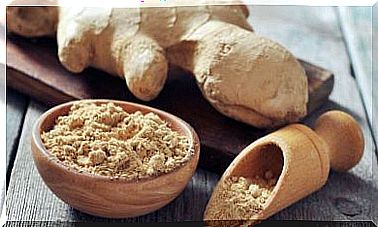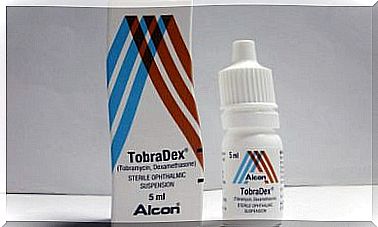10 Foods For Hypothyroidism
Hypothyroidism slows down the metabolism, making it more difficult for people affected by this condition to lose weight. They also tend to retain fluids.

Although it cannot be said that food is capable of “curing” hypothyroidism as such, it is proven that, in any case, maintaining a healthy, balanced and sufficient diet can contribute to the health and well-being of people in general and not just hypothyroid patients.
Hypothyroidism is a disease characterized by a decrease in the function of the thyroid gland, located in the front of the neck. This supposes a decrease in the secretion of thyroid hormones and causes very specific symptoms, such as:
- Osteoporosis.
- Constipation.
- Low voice and hoarseness.
- Sleep disorders.
- Fluid retention.
- Dryness of skin and hair.
- Tiredness and exhaustion.
- Increased sensitivity to cold.
- Menstrual disturbances
- Easy to gain weight and a lot of difficulty to lose it. Fat can accumulate in the double chin, waist, and thighs.
- Decreased basal metabolism, which is responsible for energy expenditure.
Can it be cured through diet? No. As we mentioned before, it is not possible to “cure” this disease only through diet. However, it plays a very important role in improving the quality of life and providing well-being.
Foods beneficial to health
Below we will tell you which are the 10 most recommended natural foods to have a proper diet, when a diagnosis of hypothyroidism has been received.
1. Coconut oil
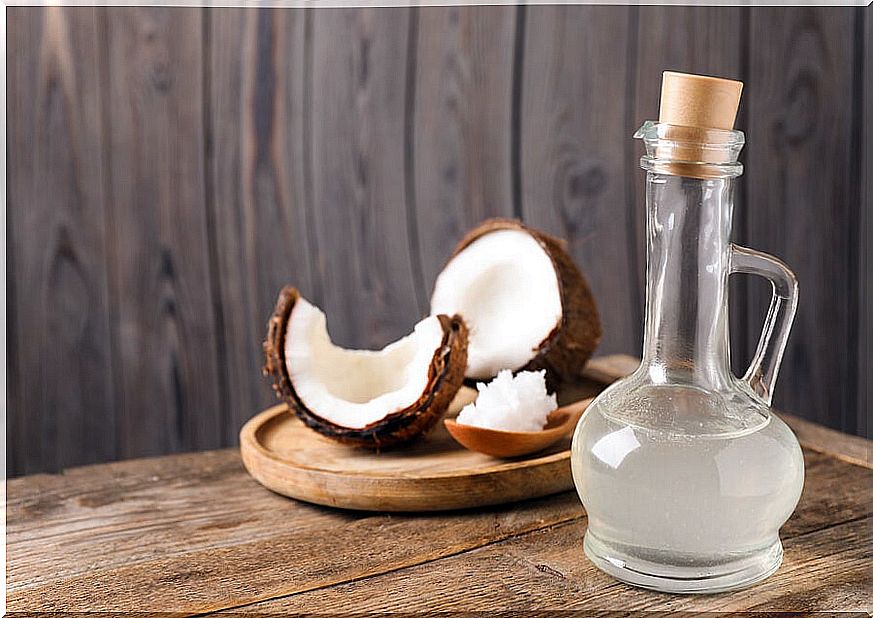
Extra virgin coconut oil is a saturated fat rich in medium chain triglycerides. These nutrients may increase metabolism and facilitate weight loss, which are two of the main problems for those with hypothyroidism.
According to popular wisdom, two tablespoons (30 g) can be taken every day, one in the morning on an empty stomach, and one in the evening before going to sleep. However, don’t stick to this rule.
You could also consume coconut in other ways, not necessarily in oil, to take advantage of its nutrients and contributions.
2. Algae
Many cases of hypothyroidism are due to a lack of iodine, so consuming foods rich in this mineral, such as seaweed, can contribute to well-being.
For example, although most seaweed is very rich in iodine, the consumption of the fucus variety is often recommended.
Note : It is essential to consult with your doctor before starting to consume them to exceed the consumption of iodine.
3. Cayenne pepper
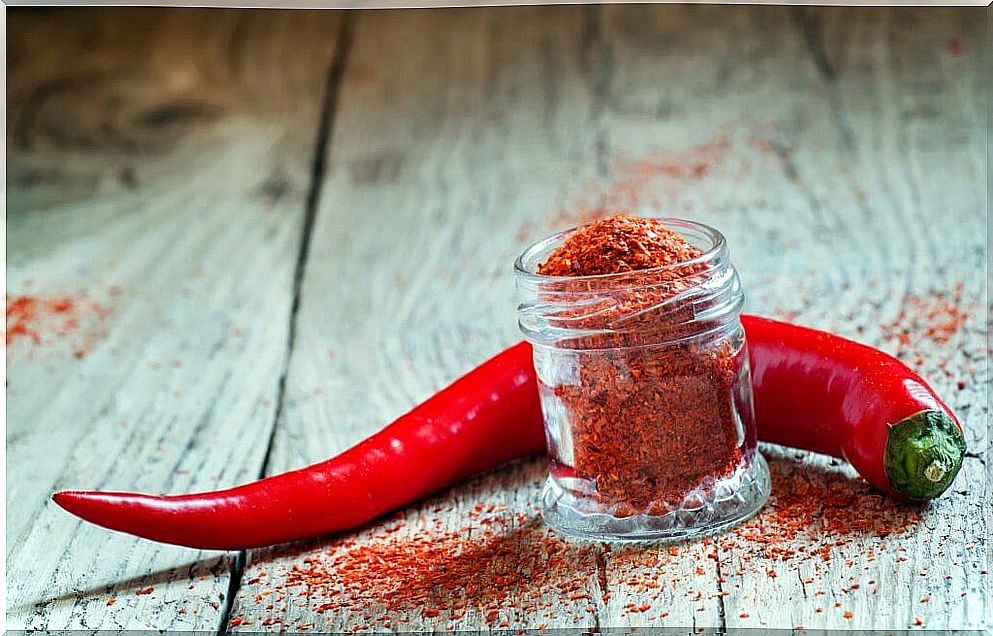
It is said that cayenne is a natural activator metabolism which also increases body temperature. It can also help relieve other symptoms, such as constipation and joint pain.
Cayenne pepper should be added to the diet very gradually so that it does not cause digestive disorders. In these cases, it is best to consult with the doctor before starting to include it in the diet regularly.
4. Ginger
Ginger is a refreshing and aromatic spice that also helps boost metabolism while fighting fluid retention, another common symptom when the thyroid is not working properly.
This root is anti-inflammatory and also increases body temperature and since people with hypotoridism tend to be more sensitive to cold, it could be the ideal seasoning in your kitchen.
5. Oats
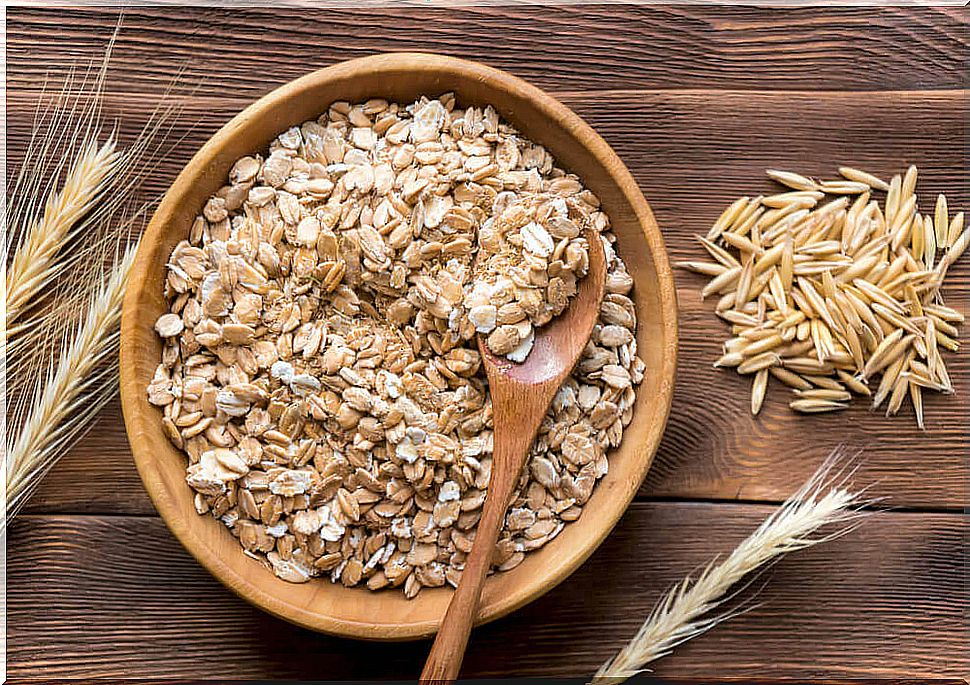
Oatmeal is a very complete cereal that can provide many health benefits when consumed in moderation and with some regularity within a healthy diet.
This is considered to be a good food for patients with thyroid problems, due to all the nutrients and fiber it can provide.
6. Pistachio
Pistachio is one of the most recommended nuts to supplement the diet, because they are a natural source of essential nutrients for the body. And, according to data from the Spanish Nutrition Foundation, they contain unsaturated fatty acids, monounsaturated fatty acids, fiber, calcium, magnesium, zinc, potassium, phosphorus, iron, thiamine, vitamin E, folates and a certain amount of iodine.
7. Garlic
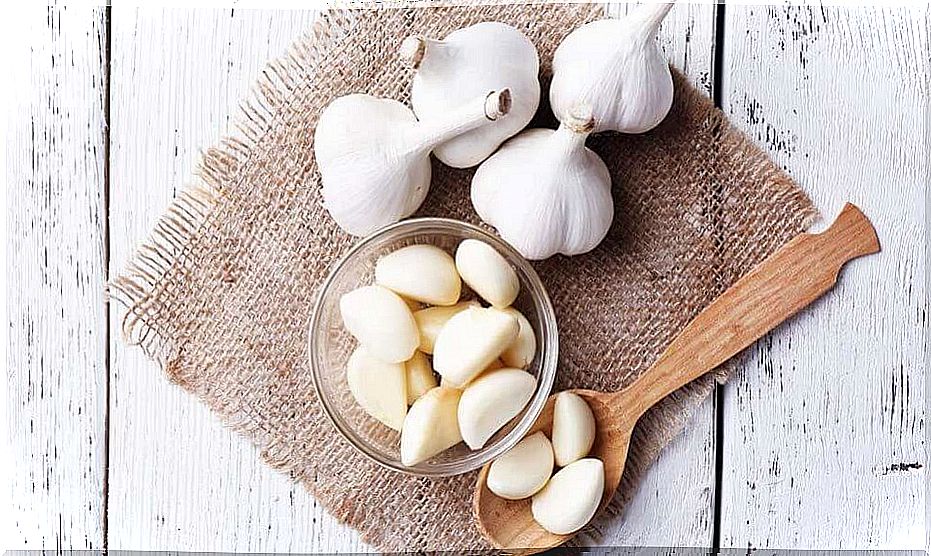
Although it has not been proven that the consumption of garlic provides any specific benefit to patients with thyroid problems, it is an adequate complement to a balanced diet.
8. Fennel
In the popular realm, fennel is considered to act as a kind of hormonal regulator, since it stimulates the production of hormones. It can be taken as a plant or seeds, or as an infusion.
9. Ginseng
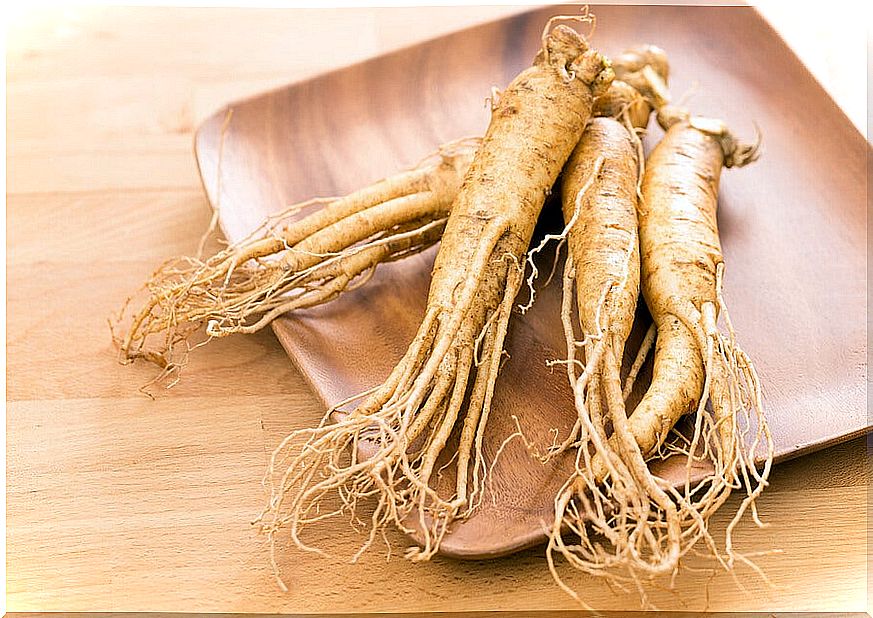
Ginseng is a natural stimulant that helps to activate the metabolism and lose weight more easily. It can be taken seasonally, taking breaks, as an infusion or as a nutritional supplement, if the doctor authorizes it.
10. Sesame
The thyroid is responsible for producing “calcitonin”, a hormone that assimilates calcium. For this reason, people with hypothyroidism can suffer from deficiencies of this mineral and derived diseases, such as osteoporosis.
As sesame is a seed that contains calcium, it can help to obtain this nutrient in a natural way and, in a certain way, to prevent its deficit.
Should we only take these foods?
It is not necessary (nor recommended) that you base your diet only on the foods that we have discussed. Although they can provide you with several benefits, remember that the ideal is that you always consume them within a balanced diet, in which other food groups are present.
If you have questions about how to eat a healthy diet, ask your doctor. The professional will know how to tell you what is most appropriate for your case, depending on the needs of your body.






